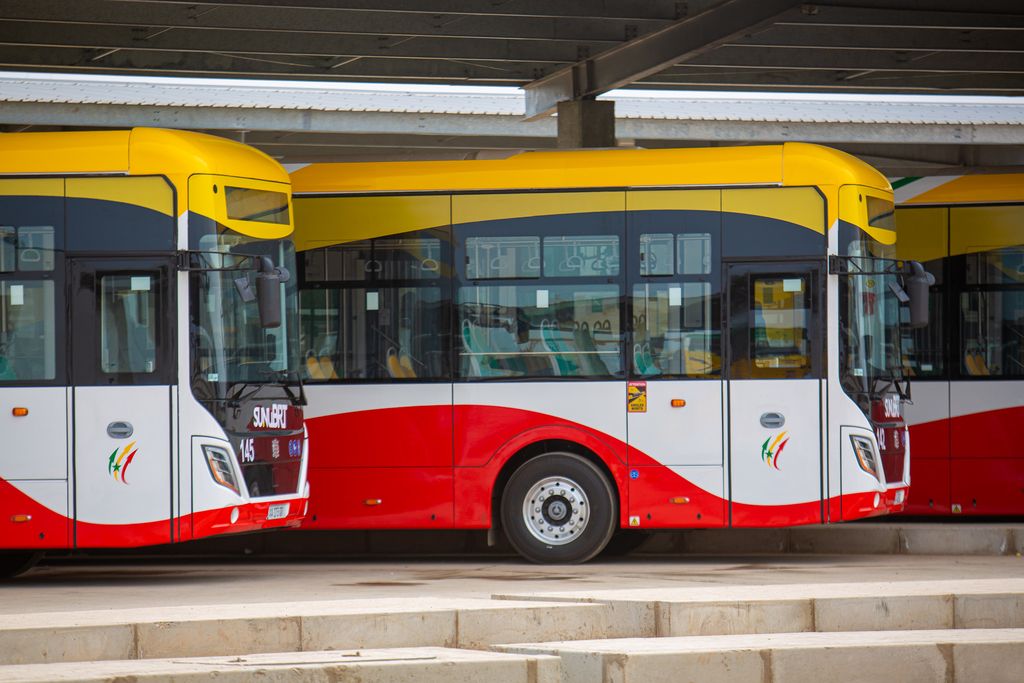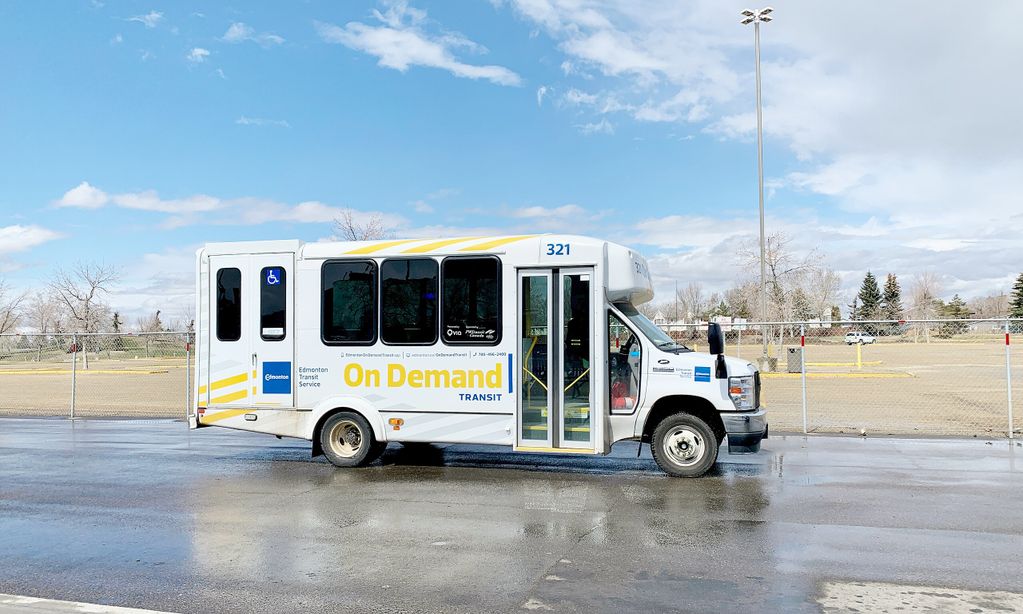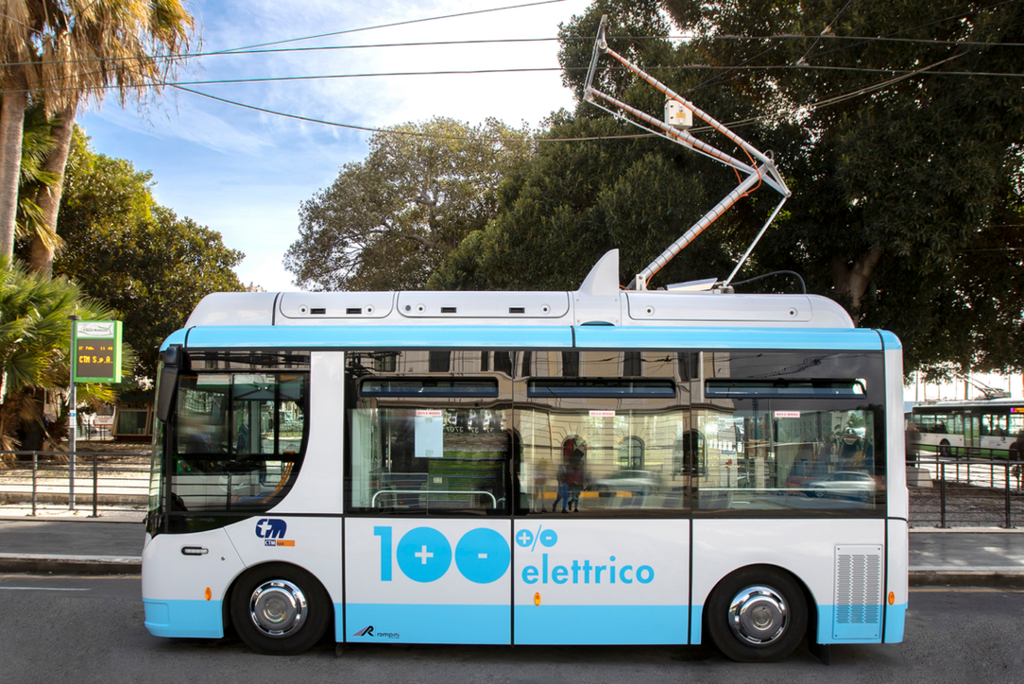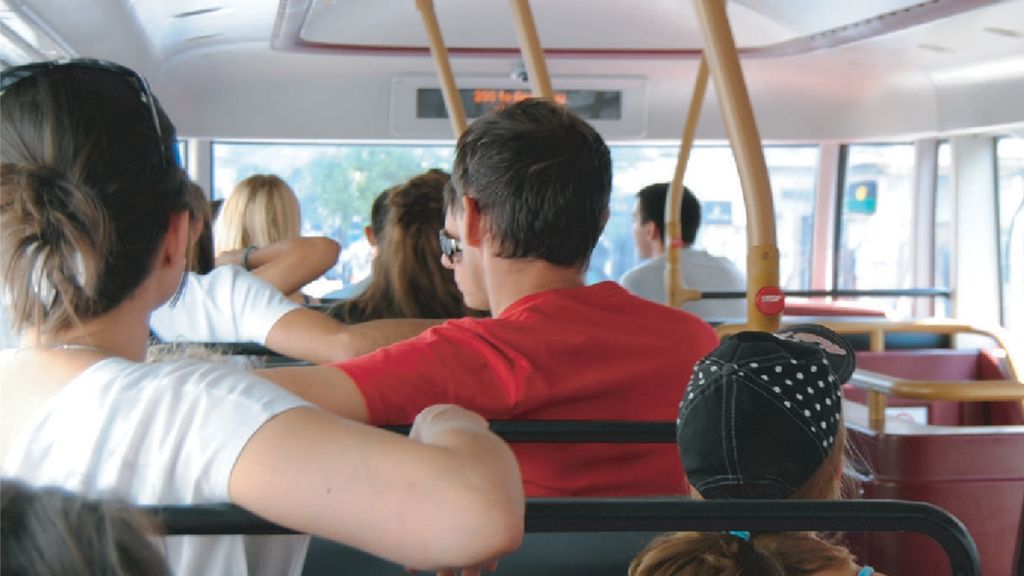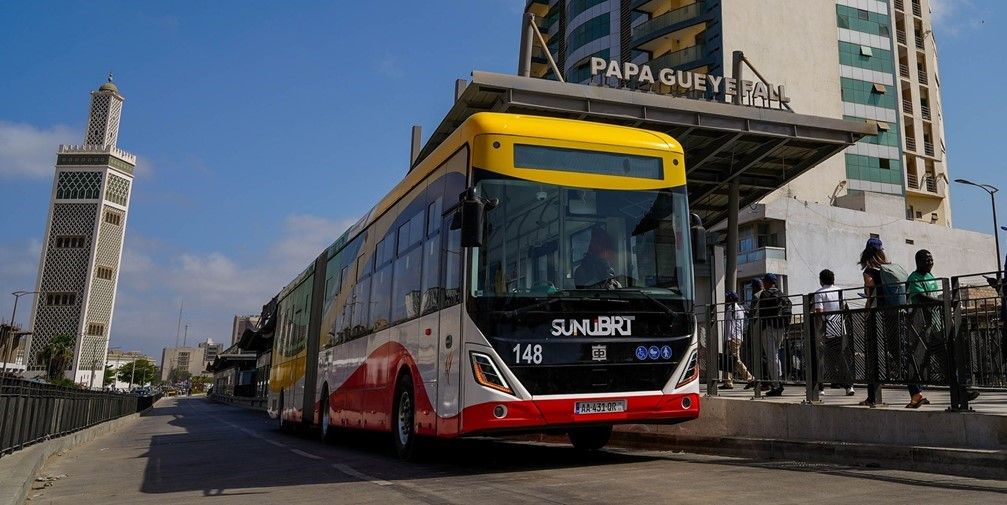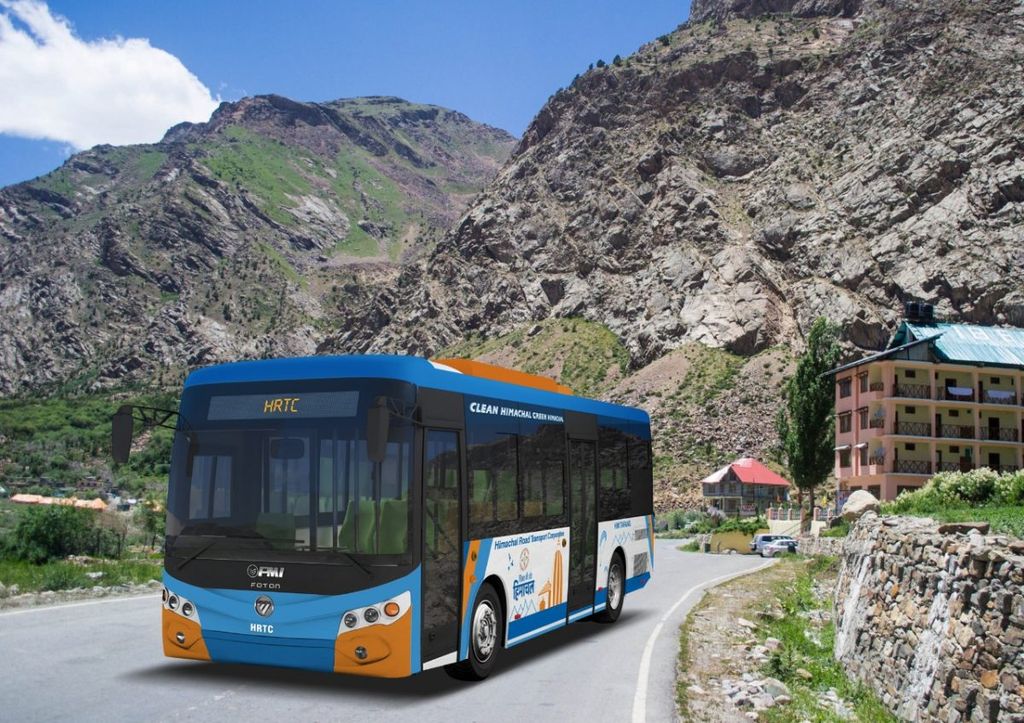
Performance evaluation framework: For electric buses in India
Guiding the adoption of e-buses in India with performance evaluation
Electric buses (e-buses) in India have a relatively short history. The Faster Adoption and Manufacturing of Hybrid and Electric Vehicles (FAME) scheme, launched by the Government of India (GoI) in 2015 to accelerate India’s transition from fossil fuel-based vehicles to zero-emission vehicles, kickstarted the adoption of electric buses. The scheme provides financial incentives for electric vehicle purchase, charging infrastructure deployment, and research and development. The FAME-I scheme sanctioned a total of 390 e-buses to be deployed across 11 cities. After it had finished in April 2019, GoI announced the second phase of the scheme.
Thirty-five percent of the total FAME II scheme outlay is allocated to e-bus procurement in cities. For this, the Department of Heavy Industries (DHI) has selected 64 cities across India to receive financial incentives for the deployment of 5,595 e-buses. In addition to the FAME scheme, urban bus providers in Ahmedabad, Pune, and Bangalore and State Transport Undertakings (STUs) like Himachal Road Transport Corporation (HRTC) are also procuring e-buses through independent efforts.
Cities are yet to identify the best-fit e-bus technologies for their operating conditions. Even as more electric buses are being deployed, it is important to evaluate the performance of already deployed e-buses to improve their operational performance and inform future procurement choices.
In this context, a data-driven performance evaluation framework for e-buses can help Indian bus agencies meet the following objectives:
- Technology evaluation to inform future procurement
- Peer to peer learning to improve deployed buses’ performance
- Monitoring operations and contract management
This report, in partnership with Shakti Sustainable Energy Foundation (SSEF), fills in the gap in the available literature to provide guidance to contracting authorities and service providers deploying e-buses on how to evaluate their performance across different vehicle and charging technologies, business models, and operating conditions.




